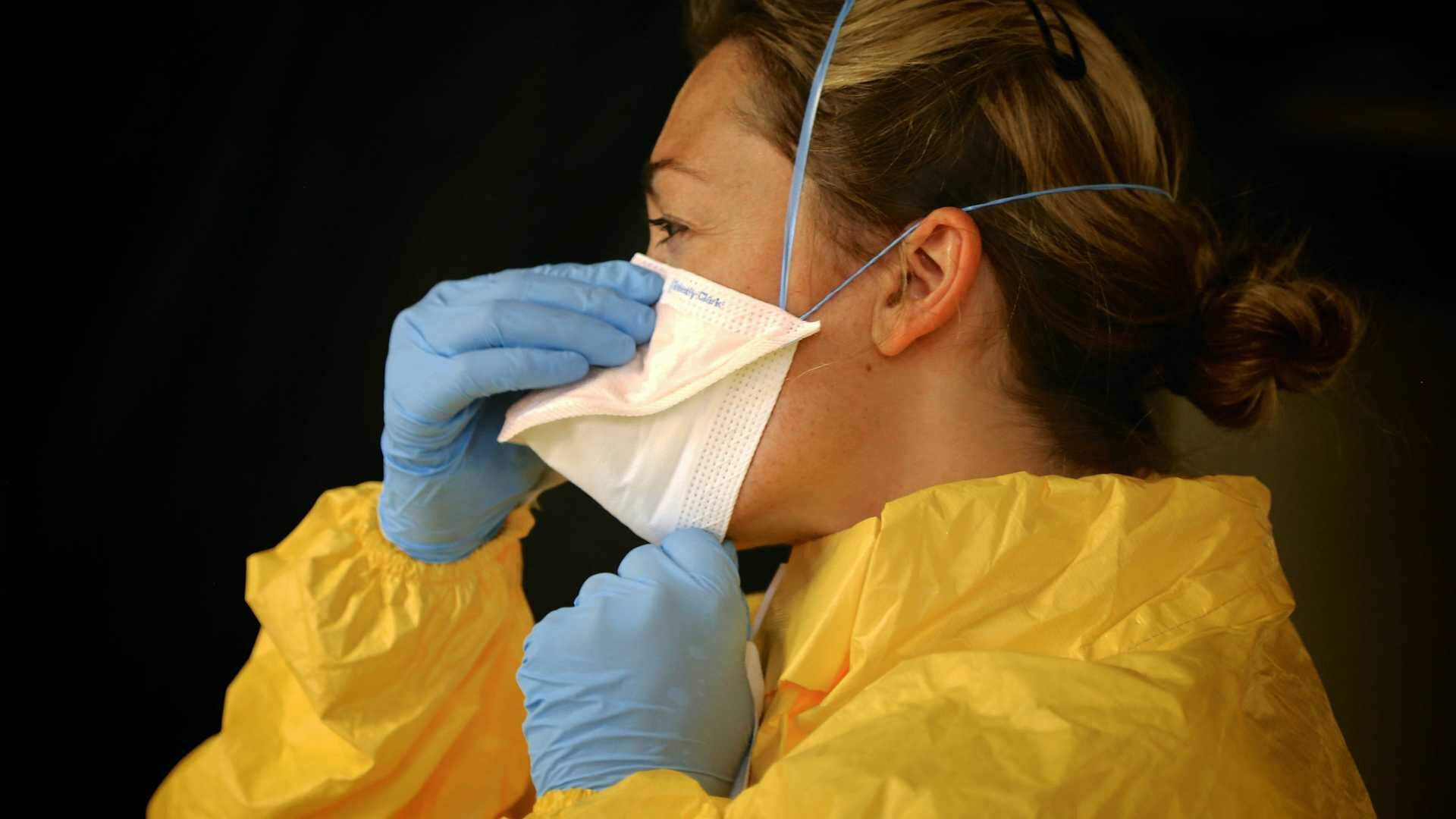The coronavirus pandemic has disrupted business operations across nearly all industries, but some are bearing the brunt of this disruption more than others. For instance, the airline industry has left tens of thousands of employees out of work, and analysts suggest that number will rise as the pandemic continues to delay travel plans. People working in non-essential customer-facing roles from hairstylists to bartenders have also been disproportionately impacted by the virus.
Employees who have been laid off or furloughed due to the crisis are left scrambling for work in what experts say is one of the worst recessions since the Great Depression. Reskilling these workers for frontline health care roles will not only help them secure employment but fill a rising demand for talent during what a spokesperson from the American Health Care Association/National Center for Assisted Living (AHCA/NCAL) says is “an all hands-on deck emergency.”
Getting Started
Traditionally associated with high job security, many job seekers have found health care an attractive field in the past, says Jaime Nguyen, director of allied health programs at Penn Foster. However, COVID-19 has led many to fear, rather than seek, a job in health care. The first step in reskilling employees for frontline health care roles during the crisis, she explains, is “attracting people back into health care.”
Chris Hedrick, chief executive officer at NextStep, a mobile-based health care training company, says that people looking for a job requiring empathy and personal interaction are typically well-suited for entry-level health care roles. At NextStep, he says, “We reach out very specifically to people who have been laid off … in the hospitality industry.” After all, both hospitality and health care roles require personal interaction and customer service skills. “These folks may often find satisfaction in health care jobs,” he says.
Career mobility is another one of the industry’s redeeming factors, especially for people looking to not only gain employment but build a career. For example, Nguyen says that many of Penn Foster’s health care training initiatives are “lateral programs” designed to help learners land an entry-level role and then “create a pathway” to move up the career ladder.
Hedrick agrees that entry-level health care workers often build lasting careers in the industry, but some learners — especially those who have been laid off — may need help getting started. To that end, NextStep partners with employers to offer learners training at no cost to the learners. After a learner accepts a job, the employer pays a one-time placement fee.
By partnering with employers, Hedrick says, training providers can help people who would not otherwise be able to afford, or even consider, a career in health care, get started.
Essential Frontline Skills
Frontline health care workers need a variety of soft and technical skills to safely care for patients (and protect themselves) during COVID-19. Coupled with job-specific training, reskilling should address topics such as:
-
- Contact tracing
- COVID-19 prevention
- COVID-19 symptoms
- COVID-19 diagnosis and management
- Hand hygiene
- Crisis communication
Reskilling programs should also teach soft skills such as empathy, resilience and communication, the importance of which Nguyen says “cannot be overly emphasized” during the crisis. After all, “anyone can learn how to take blood,” but connecting with a patient who tested positive for the virus, or developing the resilience to avoid burnout, is much more difficult. She suggests that training managers weave soft skills training into their reskilling programs so that every interaction they have with learners builds upon them.
Of course, learning and development (L&D) leaders should continuously assess their health care training programs based on the most recent and accurate medical information available. For instance, a free training series offered by Project HOPE and the Cornerstone OnDemand Foundation uses self-paced online learning modules, which can easily be updated, to deliver training on the “foundational skills” frontline health care workers need during the crisis, says Tina Bolding, director of DisasterReady.org, an online learning program from the Cornerstone OnDemand Foundation.
The crisis has thrown nearly all aspects of daily life off course. Learners simply “don’t have the bandwidth” to keep up with the latest scientific advancements, says Chris Skopec, executive vice president of Project HOPE. Training managers should adapt their courses as needed so that learners can focus on what they’re supposed to: learning.
Supporting Our Health Care Heroes
Whether someone is a caregiver or a nursing assistant, working in a frontline health care role is not easy — especially during a global pandemic. Training on topics like mindfulness and self-care can give frontline health care workers the tools they need to take care of themselves so they can continue caring for others.
“Health care workers are putting their lives on the line every day,” says the spokesperson from AHCA/NCAL. The least we can do is arm them with the skills they need to serve others during, and after, the pandemic.



